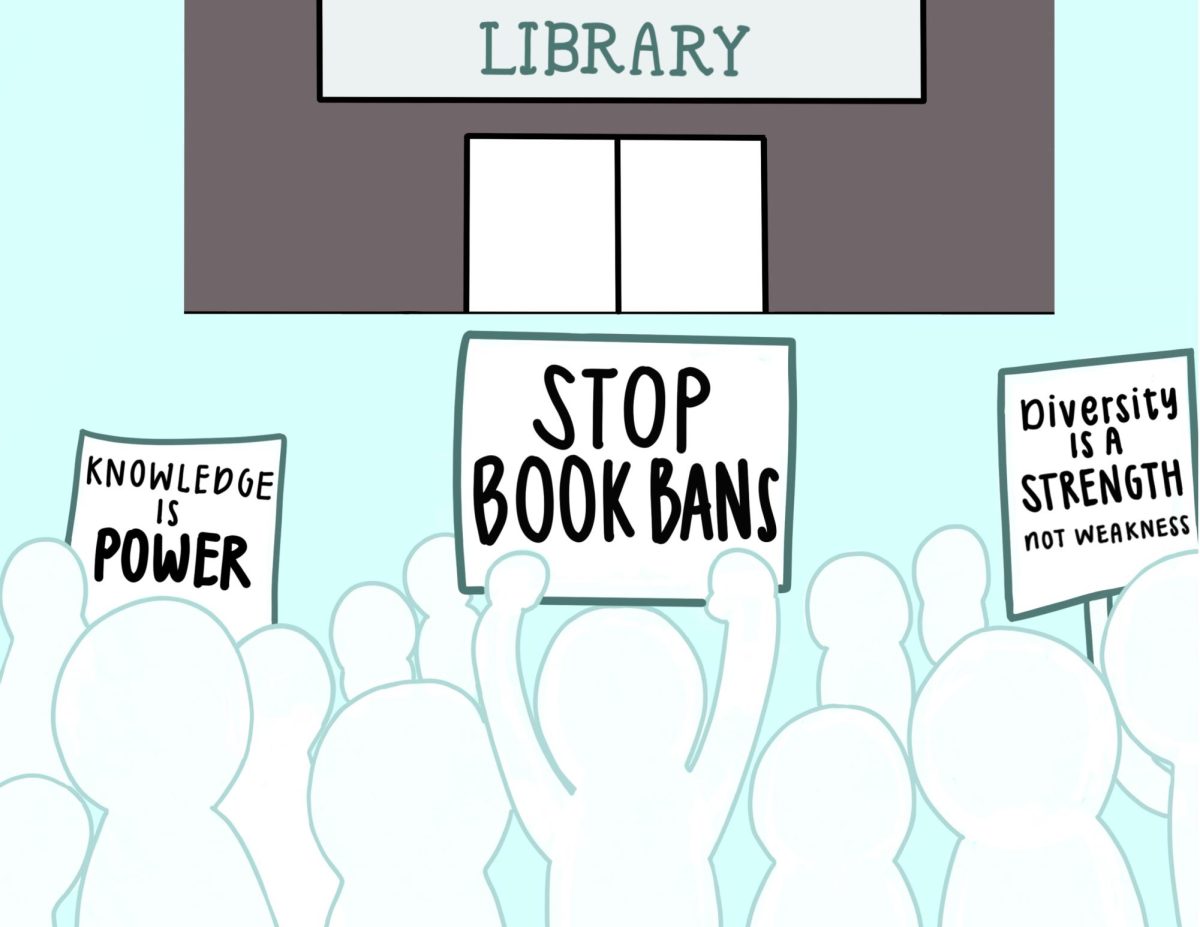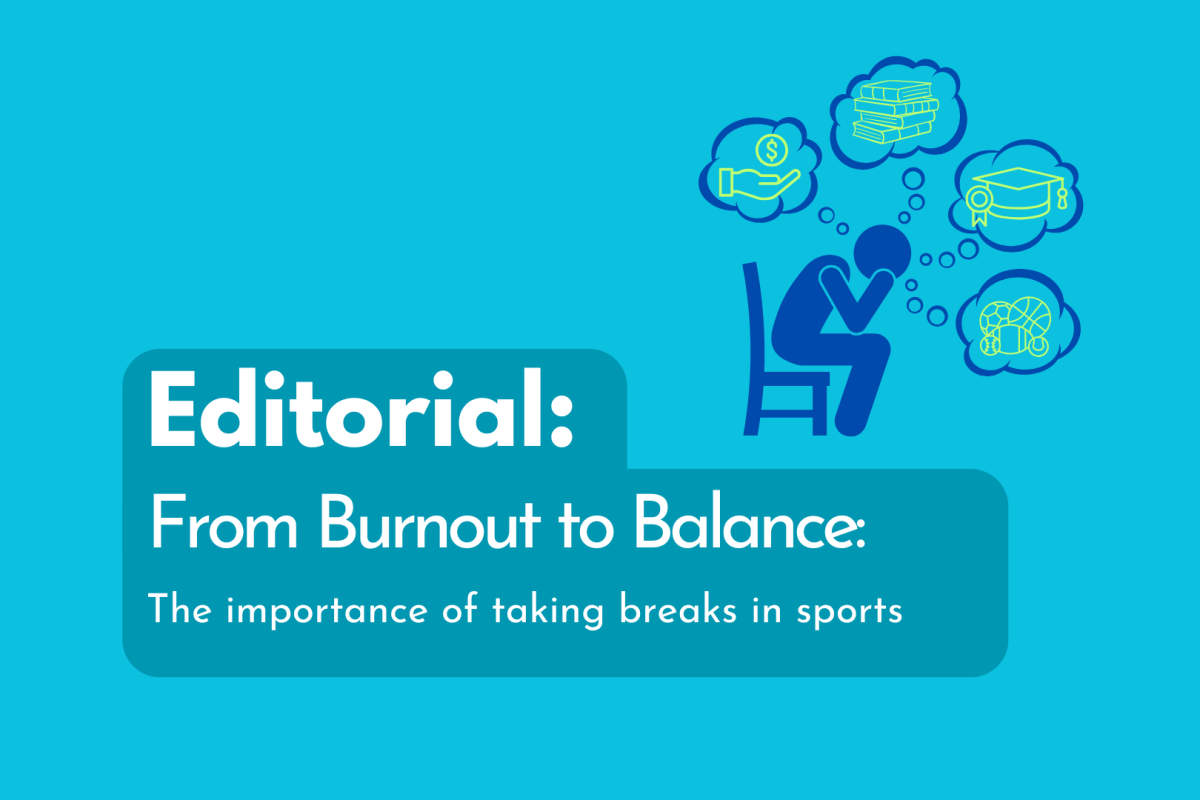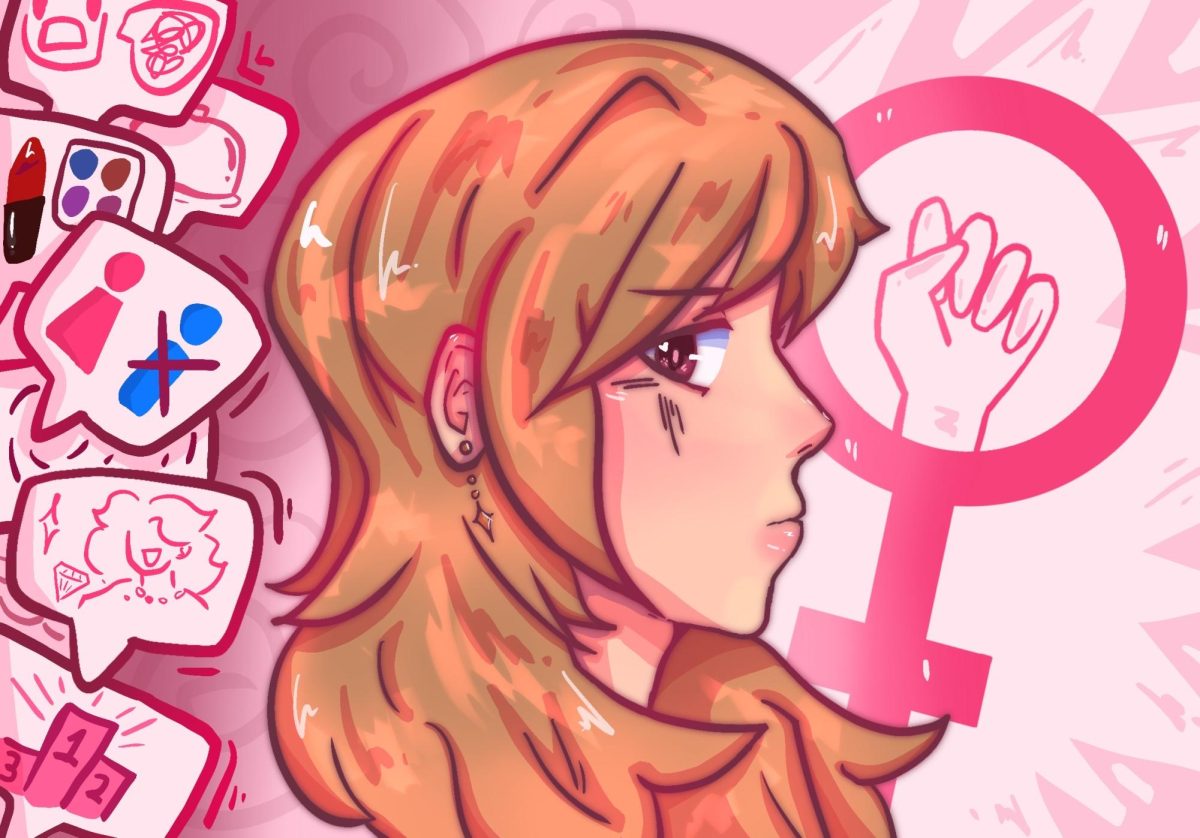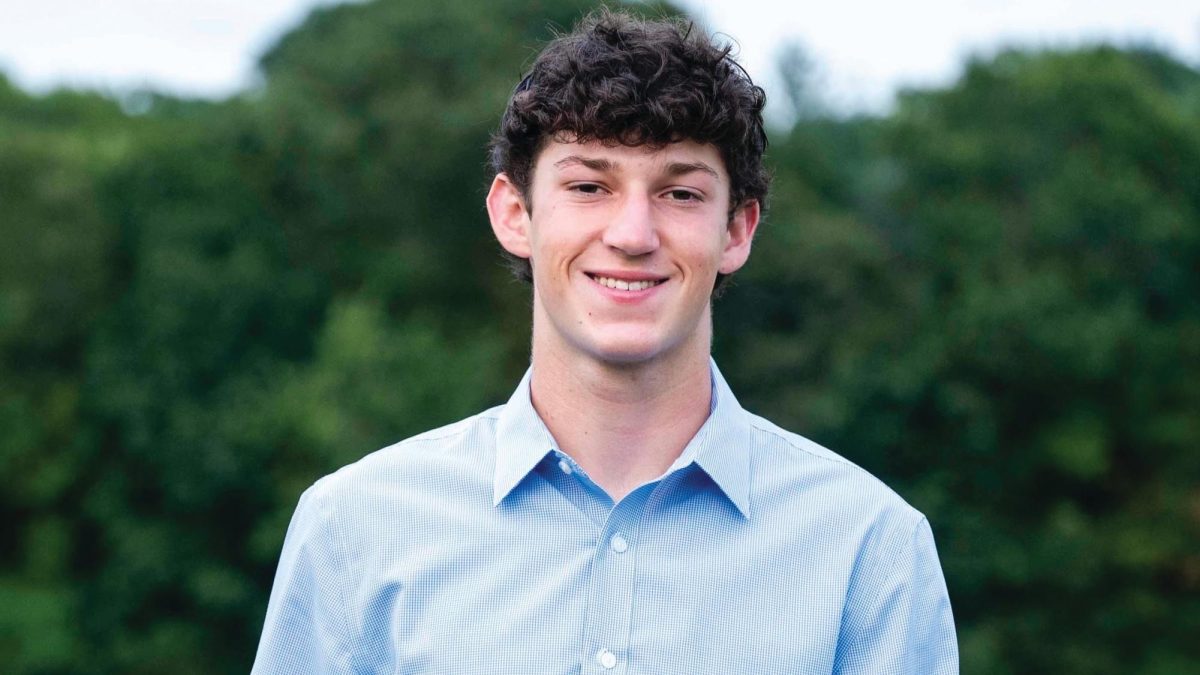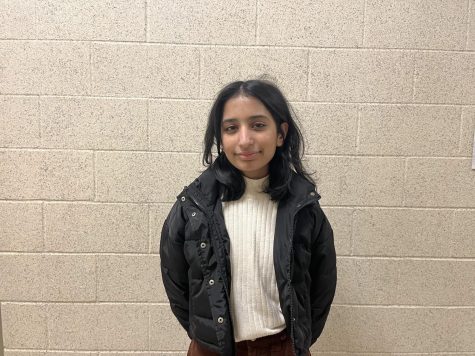Have you ever wondered what life would be like if your right to knowledge was banned? That’s the dangerous effect of book bans on our education and access to information.
From contemporary children’s books to historical classics, books have been banned in schools all across our country. It’s important to realize that one of the most valuable messages from books is that they can wake many individuals up to the unjust realities of society and the hatred people face because of their race, gender identity, or sexual orientation.
According to the American Library Association’s Office for Intellectual Freedom’s Book Ban Data, between Jan. 1 and Aug. 31, 2023, there were 695 reported attempts to censor library materials and services along with 1,915 unique titles documented to be challenged.
Books are a form of self-expression that is used to convey thoughts, emotions and important events that an author has experienced or observed. With the onset of challenging and banning books all across our country, thousands of students are being limited to the topics they can explore to expand their realm of knowledge.
Now, more than ever, books are becoming a lost art as fewer teenagers are reading books for fun. According to a 2018 American Psychological Association article, less than 20% of U.S. teens report reading a book, magazine or newspaper daily for pleasure, while more than 80% say they use social media every day. Books can be valuable resources that can educate and inspire students to be creative and free-thinkers without confining themselves to the constraints of trends and misinformation readily found online.
As an Asian American, I believe that when books are banned because Americans are uncomfortable with how minority races have been oppressed in our country’s history, that is a reflection of their own guilt and attempt to erase years of discrimination and violence we fought to get “equal” treatment in society today.
Librarian Kimberly Honey believes that libraries are a crucial part of schools and communities, providing choice and access to information.
“If you control information, you control people,” Honey said. “If you can start saying, ‘This isn’t something you should learn about,’ and remove those books, you are erasing it from people’s memory. That control over knowledge and information becomes a slippery slope.”
A common theme among books that have been challenged and banned are those that have “controversial” content such as discussion about gender identity, sexual orientation and race.
“If you are a part of that process of banning or challenging books, you are removing and isolating students who identify with those populations,” Honey said. “Those really start to impact the emotional, physical and academic success of pockets of our students.”
Honey shares that Algonquin has a proper vetting process to make sure that books are appropriate for students.
“In the district, we have a book selection policy that we all adhere to,” Honey said. “Here at the high school, I use a variety of sources such as the School Library Journal, Booklist and American Library Association. They are very good resources that will tell us what grade level they’re appropriate for and if there are any triggers. When I’m in school, there are certain books that aren’t appropriate for a majority of our population. It’s all about a proper selection of books that is appropriate for the population we are serving.”
At the end of the day, removing books from the library because they include information that is “controversial” is a violation of students’ understanding of reality in the 21st century.
I believe that books are such an undervalued resource, especially for our generation that is so hooked on social media and technology, that removing certain content because it challenges different perspectives is unhealthy for the well-being of our nation.
Although students can still access many banned books online, using resources such as the Digital Public Library of America, those who don’t have access to the Internet and technology are disproportionately affected. Physical libraries do not marginalize any individual based on their social-economic status, making them the most accessible public service for students.
I feel privileged to live in Massachusetts and go to a school where I can see diverse books on the shelves.
Honey also agrees that all libraries and schools should promote diverse topics for students to learn.
“We are a very eclectic country and everyone should have their voices heard and see themselves represented in libraries,” Honey said.
Neither political nor religious beliefs should intervene when students are curious about learning. If students are curious about any topic, let’s not punish the authors who shared their stories; rather, parents and teachers should harness these resources and educate the next generation of students to promote a kinder, more peaceful and just world.



